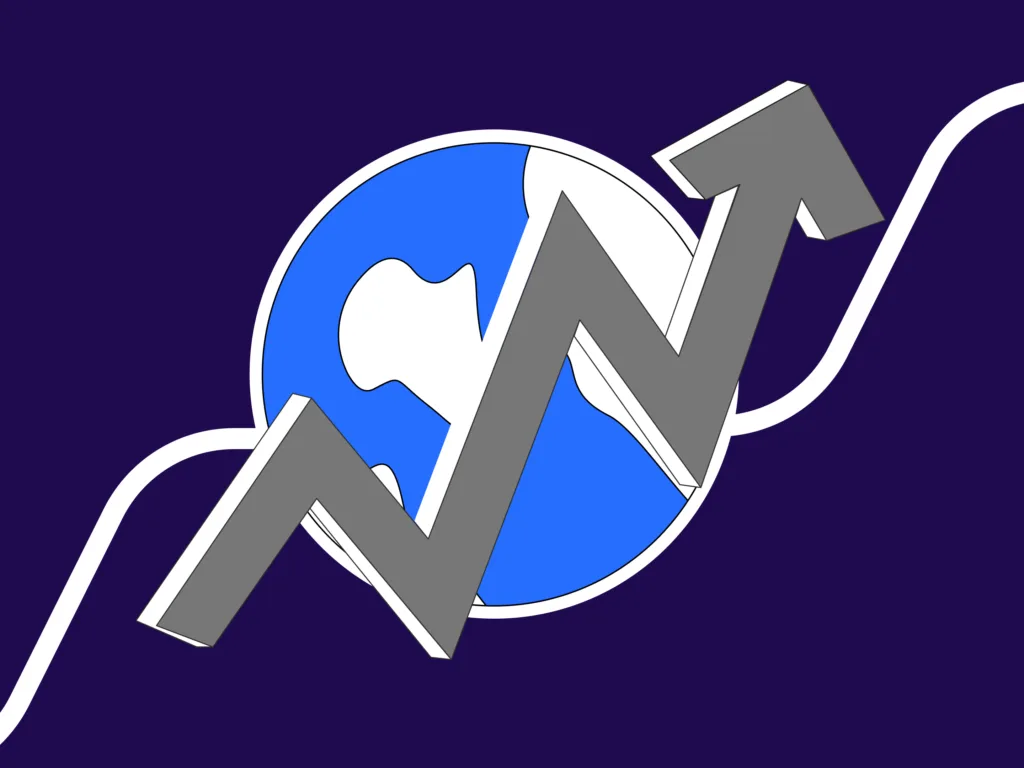21 May 2025
Beyond Borders: A guide to Scalable Customer Support
Words by Tony Doyle
Reading time 4 min

Words by Tony Doyle
Reading time 4 min

In a world where customers expect quick, seamless support, the ability to scale your support team has become essential. By working with many customer support leaders, however, I have learned that creating a truly scalable support system isn’t just a challenge; it’s a constant battle. From rapidly changing customer needs to unexpected contact surges, the demand for flexibility in team size and expertise is greater than ever.
In this blog, I’ll explore why scalability is crucial in customer support, the common struggles leaders face, and offer some insights into 5CA’s approach to building scalability by design.
The ability to scale up or down based on demand is a cornerstone of excellent customer support, especially in industries like gaming, where a single product update, event, or in-game incident can generate a surge in requests almost overnight.
If your team can’t adapt:
For these reasons, scalability isn’t just about managing growth; it’s about creating a resilient, efficient support system that aligns with the ever-changing needs of your customer base.
Even for the most experienced customer support leaders, achieving scalability can be a challenging task. Here are some of the main challenges that make it difficult, which I have seen in the industry:
With these challenges in mind, support leaders need a model that isn’t just scalable but flexible, enabling quick and sustainable adjustments without sacrificing quality. Here’s a look at some of the measures we take to achieve this at 5CA.
At 5CA, scalability is built into our model. By operating as a remote-first support provider, we access a global talent pool and scale with agility to meet the needs of our clients. Here’s some insight into how we do it:
The ability to scale isn’t just about having more agents on standby; it’s about building a responsive, adaptable support model that ensures quality and efficiency, regardless of demand shifts.
For support leaders, scalability is no longer just a strategic advantage; it’s essential to staying competitive and meeting customer expectations. By embracing a model that’s scalable by design, customer support leaders can focus on what truly matters—building relationships, enhancing customer satisfaction, and preparing for whatever the future holds.
Explore more about the other 4 essentials steps to outstanding customer support here!
With over 15 years of experience in Player Support, both in-house at Blizzard Entertainment and supporting two of 5CA’s biggest AAA Gaming clients; Tony embraces a One Team philosophy to create truly valuable partnerships with 5CA’s clients, where their challenges are our challenges to solve. This also has the added benefit of creating a highly engaged and developed team, ready to step into their next role as we scale up!